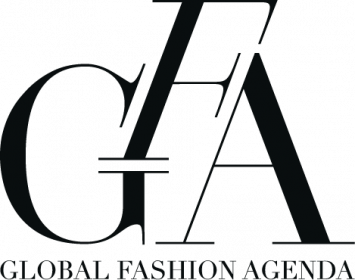Fashion for Good addresses challenges of sorting for rewearable textiles
Fashion for Good's Sorting for Circularity framework expands to address the challenge of ensuring rewearable textiles remain in use as opposed to finding their way into global waste streams or landfills. This 18-month project tests automated sorting technologies using artificial intelligence and machine learning to optimise the sorting of rewearable garments and enable greater circularity.
This project will test automated sorting technologies using machine learning and artificial intelligence (AI) to collect product information — such as colour, style, garment type, and quality. This will enable sorters and brands to make better decisions and sort efficiently based on product data and criteria from local, European, and export resale market requirements, thus optimising the flow of textiles to achieve their highest value potential.
To ensure accuracy and representation in capturing data on the flow of textiles within the EU and export markets, this project will focus on specific geographical regions: Lithuania (Nordic/Baltic), the Netherlands (Western), Poland (Central-Eastern), and Spain (Southern Europe).
The findings will be shared in a report with a supporting business case and implementation roadmap to inform investment decisions in infrastructure, Circular Business Models (CBM) and repair centres.
The Rewear Project builds on Fashion for Good’s Sorting for Circularity framework initiated in 2021 and subsequently launched in Europe, India and the United States harmonising the collection, sorting and recycling industries in order to advance textile-to-textile recycling technologies and the resale industry.
It is funded by brand partners adidas, BESTSELLER, Bonprix, C&A, Inditex, Levi Strauss & Co., Otto Group, PVH Corp., and Zalando. Circle Economy Foundation leads the creation and implementation of the methodology, with support from Consumption Research Norway, Oslo Metropolitan University and Revaluate.
Fashion for Good









